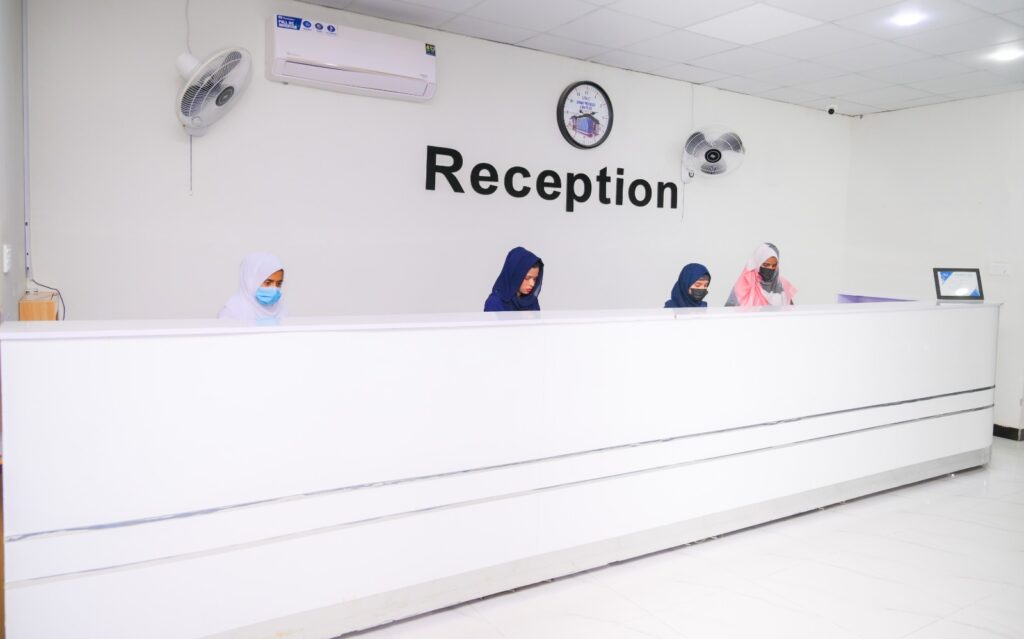UMC Patient Rights and Responsibilities
You or your designee have the right to:
Respectful and Safe Care
- A patient has the right to have considerate, respectful and compassionate care.
- Have a family member/friend notified when you are admitted to the hospital.
- Be given care in a safe environment, free from discrimination based on race, colour, national, origin, age, gender, sexual orientation, gender identity or expression, physical or mental disability, religion ethnicity, language or ability to pay.
- Have a medical screening exam and be provided stabilizing treatment for emergency medical conditions.
- Know the names and jobs of the people who care for you.
- Receive information about hospital and physician charges.
- Ask for an estimate of hospital charges before care is provided.
- The patient has the right to refuse treatment and seek discharge on his/her responsibility from Hospital.
- The patient has the right to seek a second medical opinion during his/her stay (as per Hospital policy).
- The patient has the right to request a change in his/her current treating physician if he/she can provide an acceptable reason for wishing to do so.
- The patient has the right to expect that all communications and records about care will be treated as confidential by the Hospital, except in cases where reporting is required by law.
- The patient has the right to participate or refuse in proposed research studies or human experimentation affecting care and treatment.
Privacy and Confidentiality
You have the right to be provided care with recognition of your privacy needs. Your health information will remain confidential and protected. Any disclosure of information will only be made if required by a competent authority and according to the Hospital’s policy.
Financial Guidance
You have the right to know about the financial cost of your planned treatment. The cost provided is an estimate and may change over the course of your treatment. If you require, you will be provided with proper guidance in seeking financial assistance. Financial assistance is subject to patient eligibility as outlined in the institutional welfare policy.
Effective Communication and Participation
- Get information from your doctor during your visit/treatment about:
- your diagnosis
- your test results
- possible outcomes of care and unanticipated outcomes of care
- Be involved in your plan of care and discharge plan.
- Involve your family in decisions about care.
- Ask questions and get a timely response to your questions or requests.
- Have your pain managed.
- Have someone with you for emotional support, unless that person interferes with your or others’ rights, safety or health.
- Ask for a chaperone to be with you during exams, tests or procedures.
- Choose your support person and visitors and change your mind about who may visit.
- Select someone to make health care decisions for you if at some point you are unable to make those decisions (and have all patient rights apply to that person).
Informed Consent
Give permission (informed consent) before any non-emergency care is provided, including:
- Risks and benefits of your treatment
- Alternatives to that treatment
- Risks and benefits of those alternatives
Agree or refuse to allow pictures for purposes other than your care.
